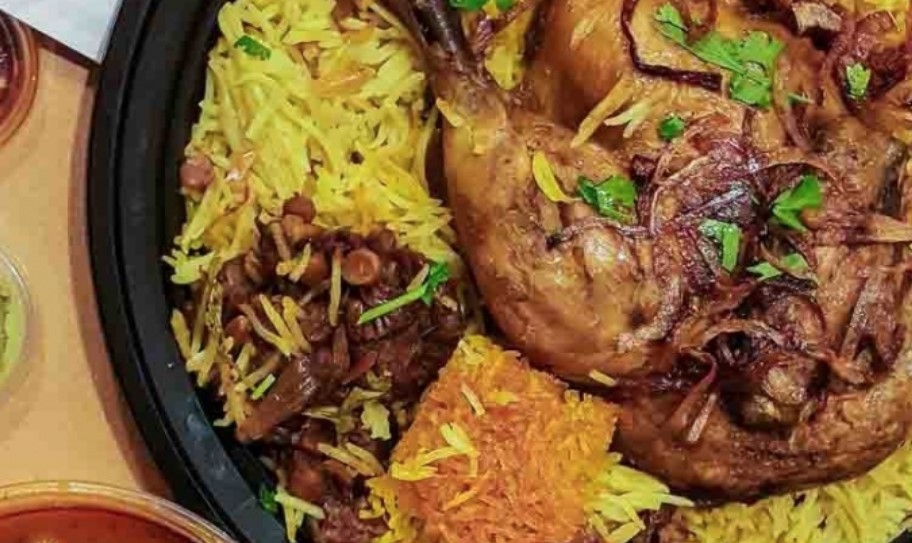Introduction: Kuwaiti Cuisine Overview
Kuwaiti cuisine is a blend of culinary traditions from Arabia, Persia, and India, reflecting the country’s location as a crossroads for trade routes. It is known for its use of spices, rice, meat, and seafood, as well as its emphasis on hospitality and generosity. Kuwaiti food is rich and flavorful, with dishes that range from mild to spicy.
Spices commonly used in Kuwaiti dishes
Spices play a significant role in Kuwaiti cuisine, and they are used to add flavor, depth, and complexity to dishes. Some of the most commonly used spices in Kuwaiti cuisine include cardamom, cinnamon, cumin, coriander, turmeric, black pepper, and saffron. These spices are often combined in various ways to create unique blends that are used in specific dishes.
The level of spiciness in Kuwaiti cuisine
While Kuwaiti cuisine is known for its use of spices, it is not necessarily very spicy. The spiciness level varies depending on the dish, and it is usually mild to moderate. Kuwaiti dishes tend to be more aromatic than spicy, and spices are used to enhance the natural flavors of the ingredients rather than overpowering them. However, some dishes can be quite spicy, especially those that are influenced by Indian cuisine.
Regional variations in Kuwaiti cuisine
Kuwaiti cuisine has regional variations, with each region having its own unique dishes and flavors. The coastal areas, for example, are known for their seafood dishes, while the interior regions are known for their meat-based dishes. The northern region is known for its use of yogurt and dairy products, while the southern region is known for its use of spices.
Popular Kuwaiti dishes and their spiciness
Some of the most popular Kuwaiti dishes include machboos (a spiced rice dish with meat, vegetables, and dried limes), margoog (a thick stew made with vegetables and meat), and balaleet (a sweet vermicelli dish). Machboos is usually mild to moderately spiced, while margoog can be quite spicy. Balaleet is not spicy at all and is usually served as a dessert.
Conclusion: Is Kuwaiti cuisine generally spicy?
In conclusion, while Kuwaiti cuisine is known for its use of spices, it is not generally very spicy. The spiciness level varies depending on the dish, and it ranges from mild to moderate. Kuwaiti dishes tend to be more aromatic than spicy, and spices are used to enhance the natural flavors of the ingredients rather than overpowering them. However, some dishes can be quite spicy, especially those that are influenced by Indian cuisine. Overall, Kuwaiti cuisine is a rich and flavorful blend of culinary traditions that is sure to satisfy any palate.

